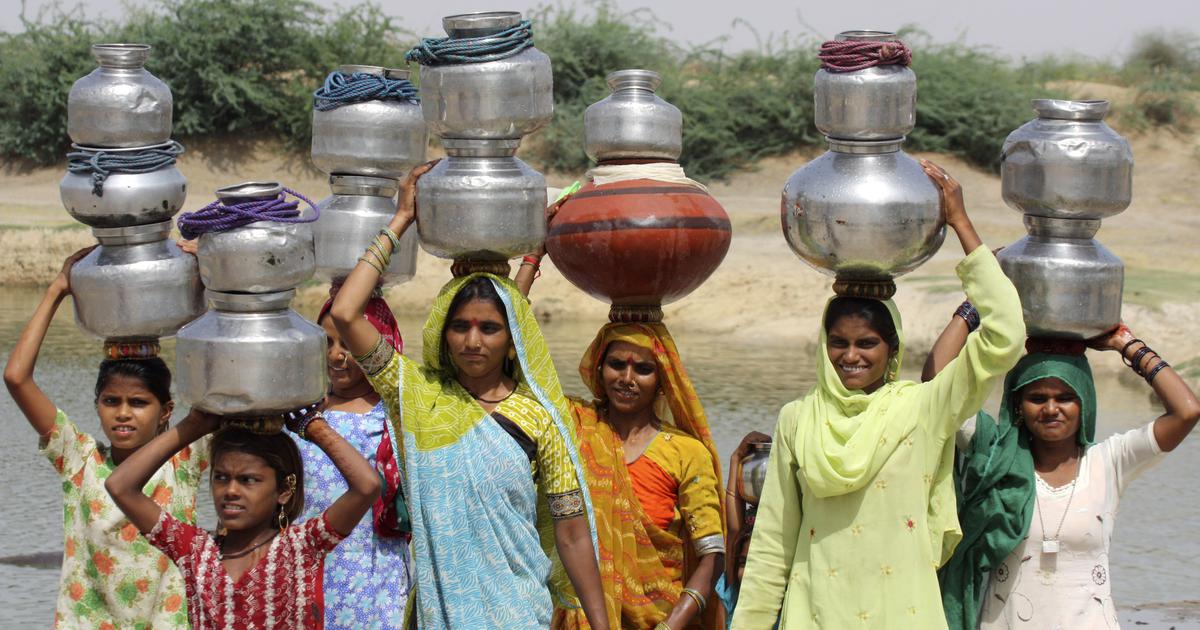A recent internal study commissioned by the Ministry of Women and Child Development highlights the vulnerability of women and children in Bihar, Gujarat, Uttar Pradesh, Maharashtra, Madhya Pradesh, Andhra Pradesh, West Bengal, and Telangana to climate change-related disasters. Conducted by the M.S. Swaminathan Research Foundation (MSSRF), the study reveals concerning impacts on health and well-being due to floods, cyclones, and droughts.
Key Findings of the Study:
- Impact on Health: Children exposed to climate hazards are more likely to suffer from stunted growth, underweight conditions, and are more vulnerable to early pregnancies.
- Geospatial Hotspots:
- Northern Bihar and Gujarat: Identified as hotspots where drought, floods, and cyclones coincide with high rates of child stunting and underweight children.
- Health Indicators: Women’s nutritional indicators in these states also demand immediate attention due to high exposure to climate hazards.
- Under-Researched Issue: The study emphasizes that the impact of climate change on women and children is under-researched and often overlooked in policy formulation. Up to 70% of Indian districts face very high risks from floods, droughts, and cyclones.
- District Vulnerability:
- Hydro-Meteorological Disasters: 183 districts vulnerable to cyclones and floods.
- Drought: 349 districts affected.
Insights from Soumya Swaminathan:
Soumya Swaminathan, chairperson of MSSRF and former chief scientist of the World Health Organization, highlighted the stark indicators of undernutrition, teenage pregnancy, and domestic violence in these climate and health hotspots. She emphasized the urgent need for targeted interventions and policy attention.
Conclusion:
The study underscores the critical need for integrating climate resilience with health and nutrition policies, particularly in vulnerable regions. It calls for proactive measures to mitigate the adverse impacts of climate change on the health and well-being of women and children across India.






